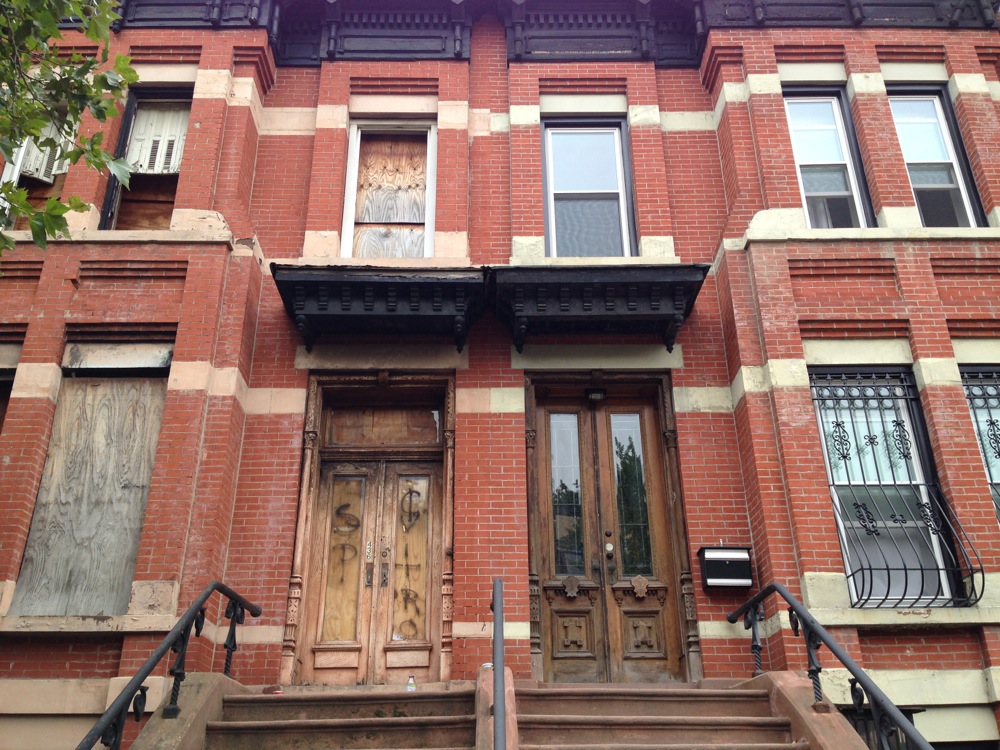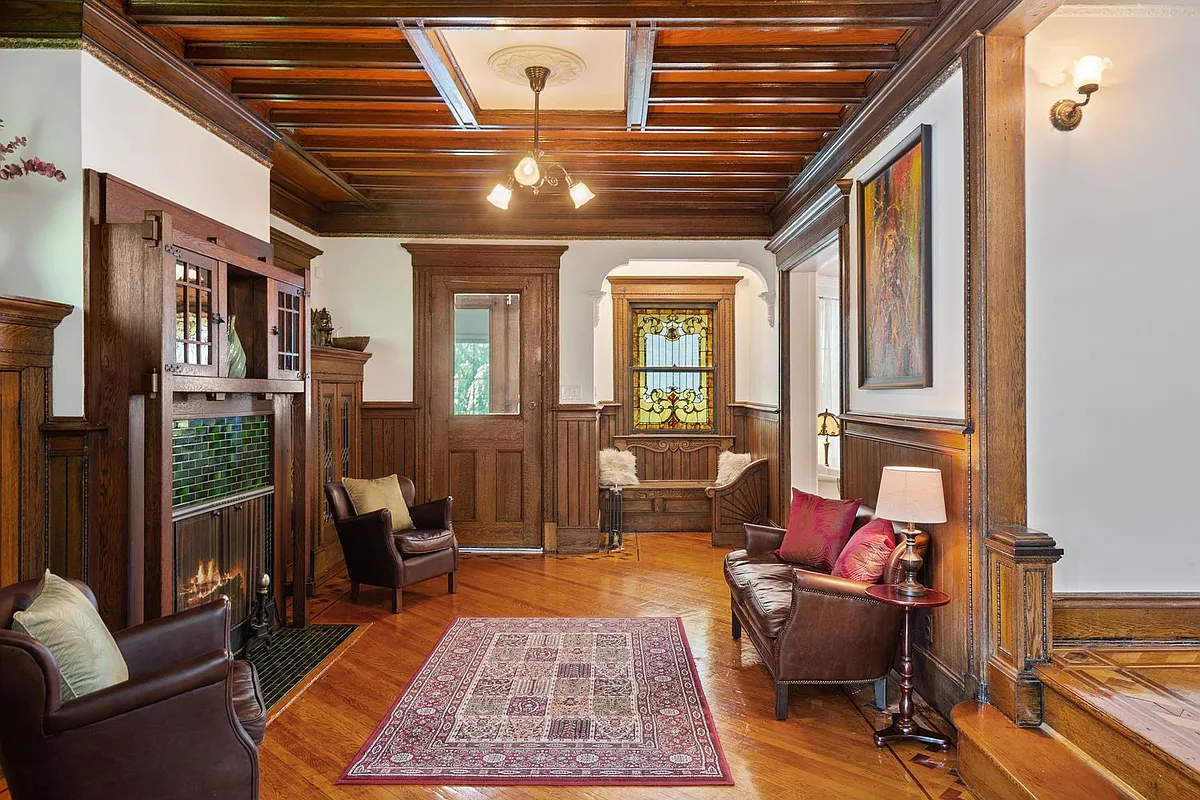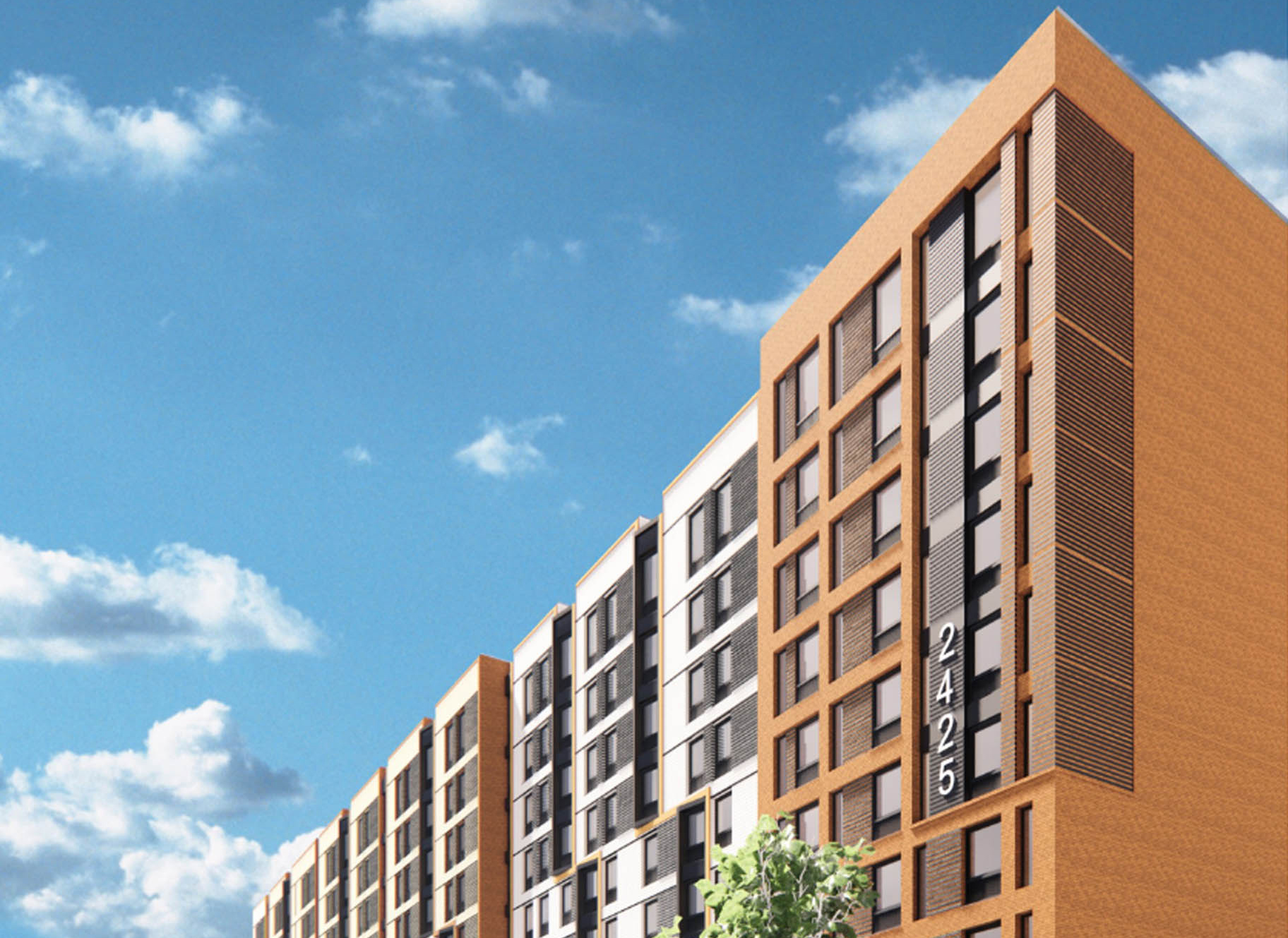Closing Bell: Talking About "Bed Stuy in Crisis"
Brooklyn College is hosting a panel this week called “Bed Stuy in Crisis,” about race in the rapidly gentrifying neighborhood. “Many believe Bed Stuy is in fact dying” as “black renters are being forced out and black homeowners are tempted to sell” while “optimists say many middle class blacks are also moving in and will help…


Brooklyn College is hosting a panel this week called “Bed Stuy in Crisis,” about race in the rapidly gentrifying neighborhood. “Many believe Bed Stuy is in fact dying” as “black renters are being forced out and black homeowners are tempted to sell” while “optimists say many middle class blacks are also moving in and will help make Bed Stuy a special multiracial venue,” says the writeup for the event.
The panel will be moderated by Brooklyn College journalism professor Ron Howell, who penned the controversial essay “Goodbye, My Bed Stuy.” Speakers include Richard Flateau, a Bed Stuy native who owns Flateau Realty Corp. and chairs Community Board 3’s Economic Development Committee; Mark Winston Griffith, a community organizer and executive director of the Brooklyn Movement Center; Brooklyn College professor emeritus Jerome Krase, a sociologist and activist who wrote “Seeing Cities Change: Local Culture and Class“; Judge Betty Staton, a former family court judge who helps Bed Stuy renters being illegally forced out of their apartments as president of Legal Services NYC; and Lupe Todd, a longtime neighborhood resident and the communications director for Brooklyn District Attorney Ken Thompson.
The panel will take place on Thursday from 6:30 to 8 pm at the Glenwood Lounge, located on the second floor of the Brooklyn College Student Center at Campus Road and East 27th Street. Take a look at the flyer for a full description and more details on the speakers.





Have you people seen any of the real estate advertisements that talk about the neighborhood? There are clear decisions being made to only show certain races, or particular classes of People of Color. Why wouldn’t a Person of Color living in the neighborhood feel like the changes were about race, and in particular, not for their benefit.
@4648squarefeet Have you met newcomers to the neighborhood that ONLY talk about the cheap rents (ahem, formerly cheap rents), or bargain purchase price for their property? Do you participate in the community, and if so, do you see many people of your “complexion” doing the same? Do you support all of the local businesses, regardless of who runs it, or who the customers are, and do your new neighbors do the same? What was the last People of Color run event that you went to, where the participation was representative of the demographic of the community? These questions aren’t necessarily addressed to you, but would answer the question you posed.
@jermyville – I would encourage you to read “White Privilege: Unpacking the Invisible Backpack” by Peggy McIntosh. It was written in 1988, but many of the benefits of white privilege still exist today:- https://www.isr.umich.edu/home/diversity/resources/white-privilege.pdf.
I was not questioning your own hard work in determining where you are today – and do not know anything about you. Being able to identify all of the factors (internal and external) that define our current existence is important, just as it is to understand how it impacts the people who live around us.
Considering race at all instead of treating everyone equal is where your first problem is.
To tie economics and race is extremely ignorant and short sighted, what happens in other countries that are made up of largeyl a single race, economic forces still apply there same as they do here.
The mental handcuffs need to be removed to really break free, until people can do that you’ll be trapped in your own little world. Misery being the main punishment.
^^well said ENY.
Thanks @potroast. Like I said, familiarize yourself with the working definition for people doing antiracist work, not the dictionary definition that you so quickly showed here. From your comments, your clearly are an anti-racist, so I know you’ll go and do some homework…
@Jeremyville – shouldn’t you feel “sad” that the neighborhood was segregated in the first place by racist policies and behavior – redlining; restrictive covenants; violence in the new suburbs against black people; housing/employment discrimination; oppressive law enforcement; just to name a few.
It’s nice that “you” want to live harmoniously now that “you” value the community, but it was abandoned when it was an all black community.
Race and Economics are linked, so the recent changes in the neighborhood (rising cost of housing, increased services, changing demographic) need to be seen through a racial lens, and if you don’t want to do that, it’s more a reflection on your privilege not to consider race, rather than it not being about race.
potroast is on fire!
What are you smoking and can I have some…?